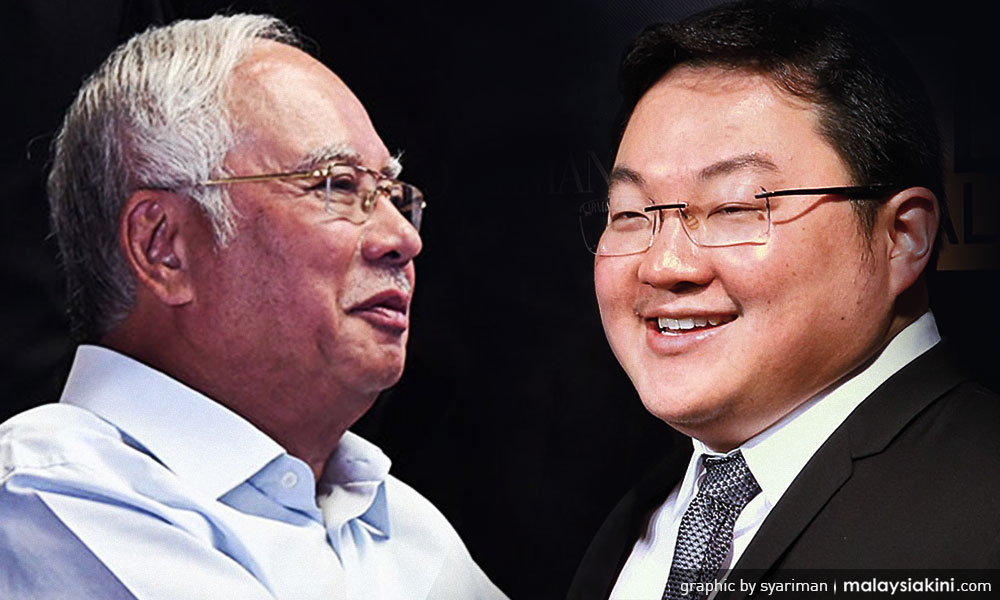COMMENT | The works of professor Edmund Terence Gomez (on the political economy of Malaysia) are commendable. They have even drawn a direct rebuke from Daim Zainuddin, the chairperson of the Council of Eminent Persons himself.
Without Terence, and the likes of Professor KS Jomo, and their research assistants, who will form the next generation of political economists in Malaysia? Malaysians would not know who owns what — and who are left with the crumbs even after they have heeded the call to end the kleptocracy of the old.
But in his article in The Star on Jan 12, Terence has not only under-stated the "old" Umno problem, potentially a "new" Pakatan one — where patronage is king — but failed to break it down completely.
What Malaysia faces after the historic May 9 general election, contrary to what Terence had described, is not "patronage" is king but plutocracy is queen. Potentially, queen in pants. In other words, a major corporate figure, male or female, who regales in planting his or her stooges all across the government-linked investment companies (GLICs) and government-linked companies (GLCs).
Queen or bishops, to use the references of the Western chessboard, they are all in pants: in driving seat, that is.
This is not patronage anymore but plutocracy in motion: the rule by the rich for the rich.

In a plutocracy, christened as democracy, Malaysia cannot join the world economic revolution driven by algorithm, artificial intelligence, automation and analytics (4As). Wealth is kept and retained within a small circle - the exact problem of the past when former prime minister Najib Abdul Razak and his wife kept all things to themselves, to which Jho Low and his ilk further partook.
Yet, such narrow and exclusive concentration of wealth is useless. Such a political economy that leads to a plutocracy will fall as and when an election is held. The country will fall precisely because these 4As are not adopted even though they can increase total productivity to overcome the middle-income gap.
As things stand, 20 percent of the richest Malaysians control 80 percent of the Malaysian economy, according to Forbes. Meanwhile, signs are showing that Malaysian neighbours are racing ahead. Vietnam and Singapore spent an average of 45 percent on research and development to digitise their economy. Malaysia barely crossed the threshold of two percent on R&D spending.
The United Arab Emirates has just appointed a minister of innovation and future studies. Malaysia has the Ministry of Technology, Science and Environment under Yeo Bee Yin, who is so capable in doing more than what she has been assigned now.
If Malaysia wants to get cracking with reforms, plutocracy has to go, not just patronage. An equitably shared prosperity policy is needed, without which GLICs and GLCs will always compete with the sector to produce what economists called "sub Pareto" efficiency, where everything seems doable by the market but due to weak government and private sector collaboration, which can lead to their incestuous relationship, the true energy of the private sector is totally ignored.
Malaysians did not vote en masse on May 9 just to get rid of kleptocracy. They don't want a plutocracy, too.
RAIS HUSSIN is a supreme council member of Bersatu. He also heads its policy and strategy bureau.
The views expressed here are those of the author/contributor and do not necessarily represent the views of Malaysiakini.

